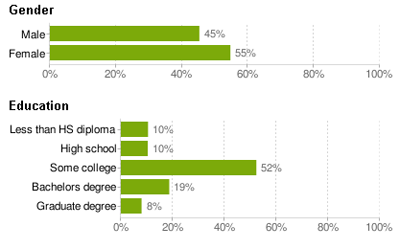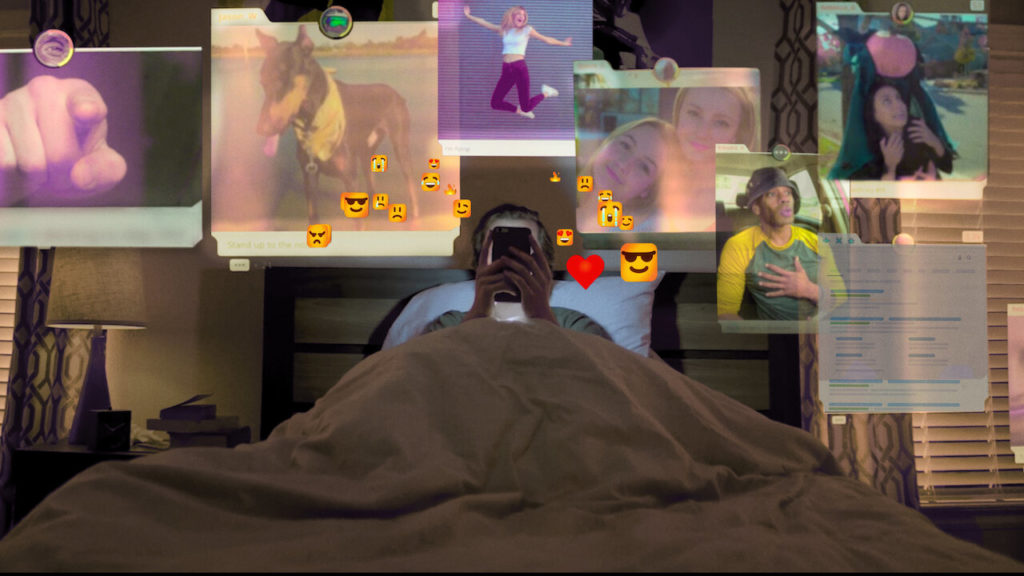
21 Oct What Brands Should Take Away from “The Social Dilemma”
While the recent Netflix documentary “The Social Dilemma” hasn’t gotten as much attention as previous documentaries, it does raise legitimate concerns about what social media is doing to society. After working in the social media industry for over a decade and running a social media agency since 2007, it also makes me wonder about my role in the space and if people like me are contributing to the problem.
The program discusses addiction, more specifically our society’s addiction to phones, which is a real issue that I find I constantly struggle with. It also dives into feelings of isolation and depression, cyber safety, the rise of fringe groups, self-perpetuating bias loops, and more, all as negatives that have been produced as a result of social media.
These are legitimate concerns that need to be addressed. The entire world changed one of its primary forms of communication when we all started switching over to social media in 2005 or so, and it was a seismic change to society. It’s only natural that we’re going to need to adjust as we go and look for solutions to some of these issues.
That said, what “The Social Dilemma” chooses to ignore is the side of social media that’s also been a force for good. For example, Arab Spring led to a fall of all sorts of dictators and social media helped facilitate that. It’s also a place to share videos such as George Floyd’s that used to be hidden or swept under the rug or just not available to people. Also, groups of people are able to create connections and develop new relationships that help influence their hobbies, interests, or careers. There’s quick funding that comes after natural disasters or a local tragedy. Even Khan Academy, a fundamentally different way to spread education, knowledge, and information wouldn’t exist without social media. So there’s a lot of good things that balance out the bad.
While I don’t build platforms like many of those included in the documentary, I work with brands to help them develop meaningful communities on social media. So from a brand perspective and what brands can do in reaction to this film, I think you need to consider the ethics of your campaigns and the ethics of your marketing, particularly if you’re targeting children. (Don’t make the same mistake that Kraft recently made.)
Things are going to vary slightly from brand to brand, but there are a few collective insights to consider. For example, know when it’s appropriate for your brand to go dark. Most often, this is a way to be respectful of an ongoing situation and should align with what your brand stands for and finds important.
In the meantime, the platforms themselves need to take these issues seriously and begin chipping away at them. Facebook actually issued a rebuttal to “The Social Dilemma”, which was a bit surprising, but in there they pointed out the newsfeed change in 2018 that they made to prioritize meaningful interactions, which dropped usage of the platform by 50 million hours per day. They also say they’re trying to reduce polarization and have started to reduce access to clickbait headlines and misinformation. They’ve also partnered with 70 different fact-checking partners. They don’t always get it right, but they’re making progress.
The platforms are more and more realizing what they’ve unintentionally caused and that alone is an improvement. There’s much more to go and I’m hopeful that we’ll get there. However, with something this big and this complicated, there’s no finish line, but it’s nice to see the beginnings of change.
All that said, “The Social Dilemma” plays a positive role in amplifying the real issues that exist as a result of social media. Now, it’s up to the platforms to make improvements and up to the rest of us to hold them accountable over time.








